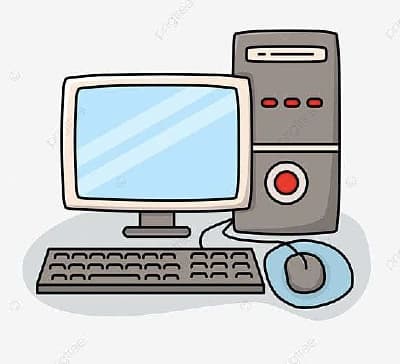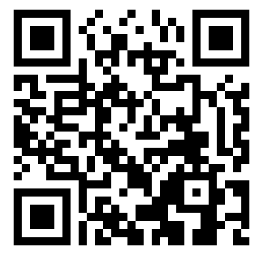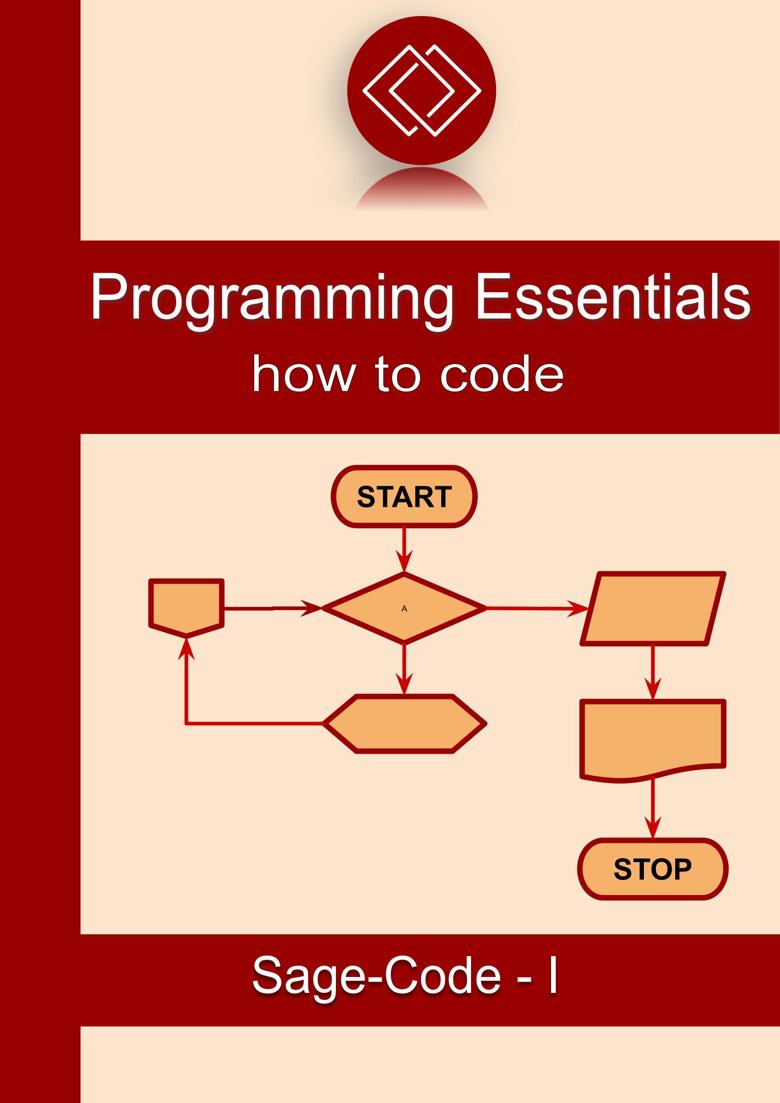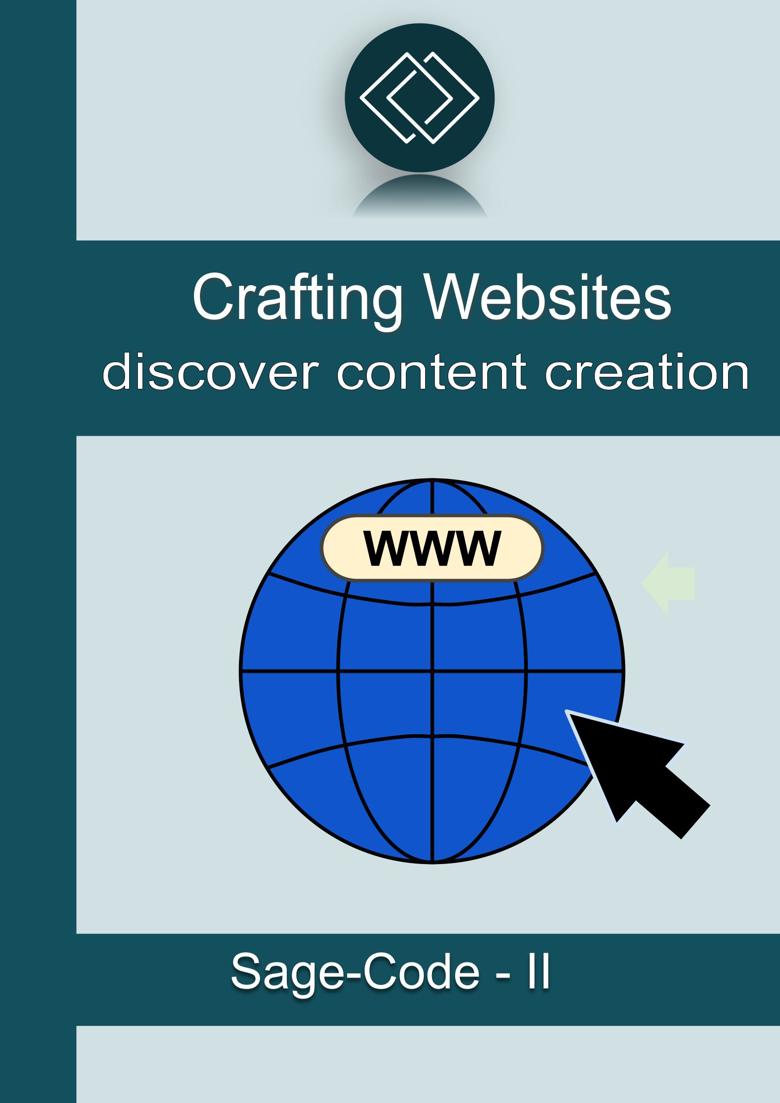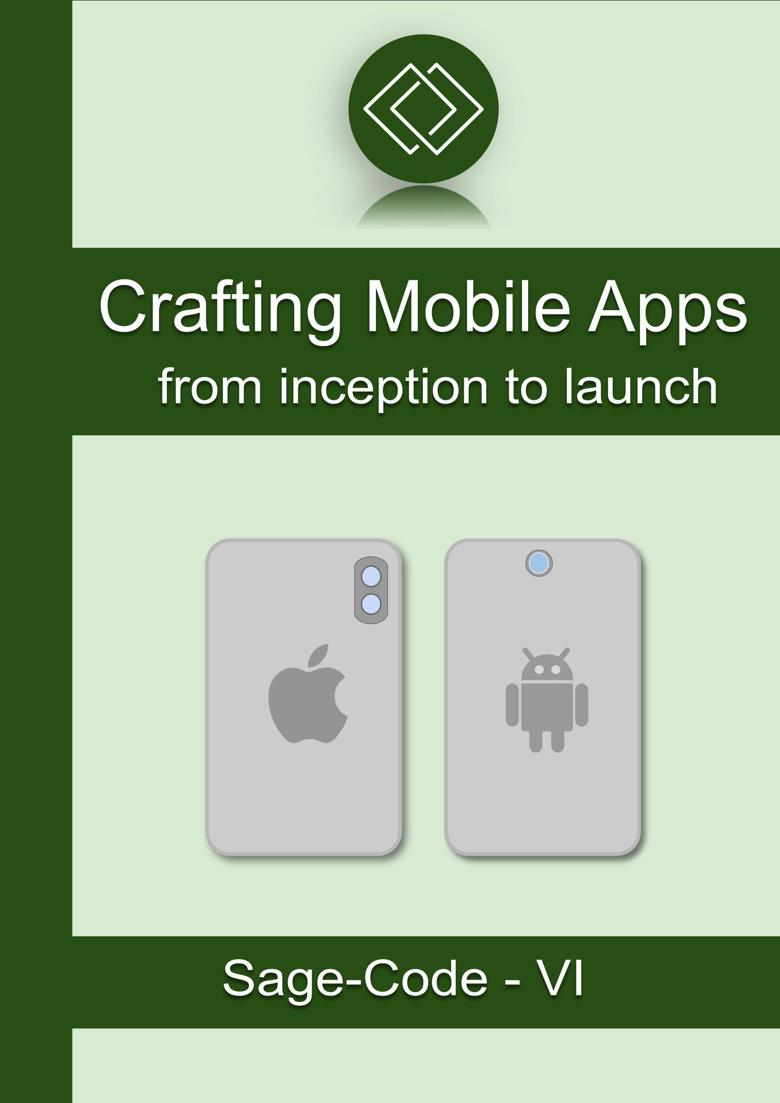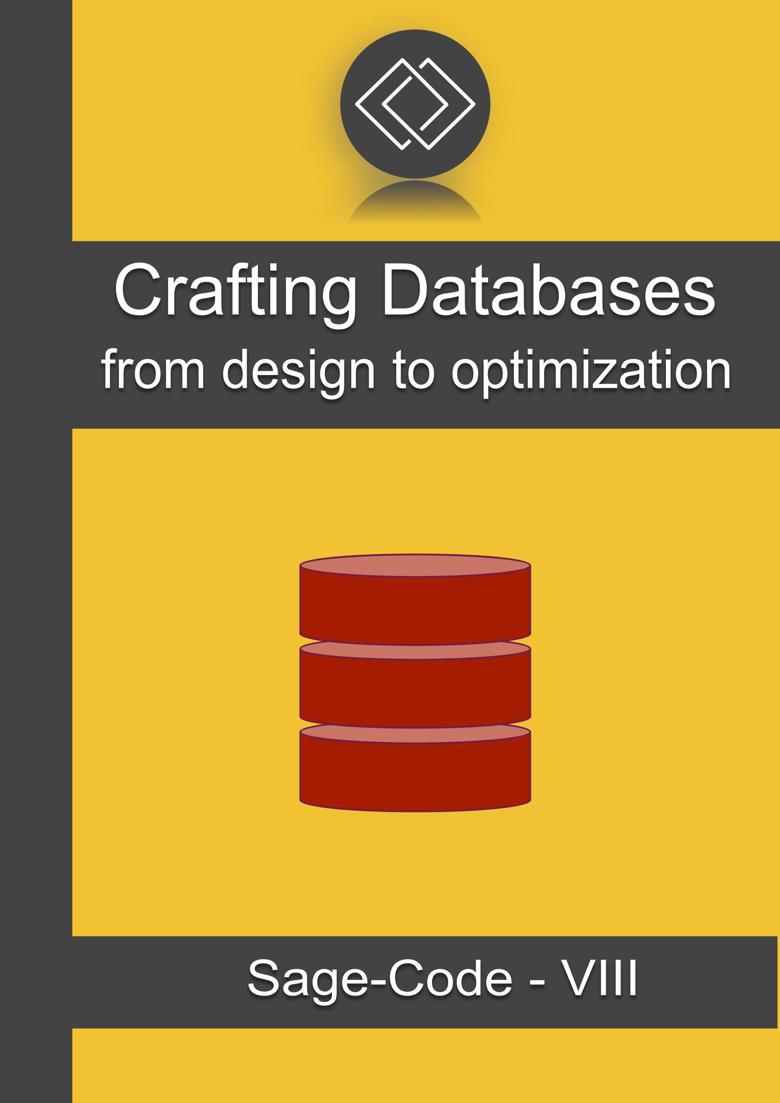Engineering Roadmap
Engineering is the art of problem-solving. Think of it as building with digital blocks: we teach you to decompose complex ideas into simple, functional steps. Beyond just writing code, you will learn the "why" behind the "how," giving you the confidence to build everything from basic websites to sophisticated applications.
Target Audience
This research is designed for everyone who wishes to master computer science and modern programming methods. Whether you are a student, a professional engineer, or a scientist.
No prior experience? No problem. You will learn several programming languages during this process, starting from the absolute basics.
The Curriculum
The CSE roadmap covers the most essential topics in the industry. You will dive into fundamental programming concepts, professional web design, database management, and operating systems.
For hardware enthusiasts we include a short course to provide the skills needed to build your own computer from scratch.
Professional Benefits
Software engineering is a rapidly growing field with high demand. While you might feel like an "impostor" at first, this lab is designed to build your confidence. Here is how this roadmap changes your career:
- Increased Opportunities Certification helps you stand out. Many employers recognize the value of on-line training programs.
- Higher Salaries Certified engineers typically earn more. Employers are willing to pay a premium for verified technical mastery.
- Professional Development Stay up-to-date on the latest trends and technologies, helping you advance your career faster than self-study alone.
- Personal Satisfaction Boost your confidence. Knowing you have the skills to be successful provides immense career satisfaction.
CSE Roadmap Progress:
| # | CSE | Topic | Description |
|---|---|---|---|
| Phase 1: Computing Foundations | |||
| 01 | Programming Concepts | Core logic: variables, flow control, and memory basics. | |
| 02 | Numeric Algebra | Binary, hex, and the discrete math behind type systems. | |
| 03 | Data Structures | Organizing data for efficiency: arrays, linked lists, and trees. | |
| 04 | Algorithms | The logic of processing: sorting, searching, and complexity (Big O). | |
| 05 | Programming Paradigms | Structural, Functional, and Object-Oriented approaches. | |
| 06 | Programming Languages | Evolution of syntax from Assembly to high-level abstractions. | |
| Phase 2: Environment & Hardware | |||
| 07 | Operating Systems | Kernel logic, process management, and file systems. | |
| 08 | Hardware Fundamentals | Silicon, CPU architecture, and basic electronics. | |
| 09 | Web Design | The presentation layer: Semantic HTML and CSS architecture. | |
| 10 | Developer Tools | Tooling proficiency: IDEs, debuggers, and terminal environments. | |
| 11 | Version Control | Managing code history and collaboration via Git workflows. | |
| 12 | Prompt Engineering | Leveraging LLMs as a technical multiplier and co-pilot. | |
| Phase 3: Architecture & Design | |||
| 13 | System Design | Reliability, scalability, and maintainability of large systems. | |
| 14 | Software Architecture | High-level patterns: Monoliths, Microservices, and Hexagonal. | |
| 15 | Design Patterns | Reusable solutions for common object-oriented challenges. | |
| 16 | Tech Stack | Integrating components: Frontend, Backend, and Middleware. | |
| 17 | Database Systems | SQL vs NoSQL: Storage engines and data persistence. | |
| 18 | Database Design | Normalization, indexing, and relational modeling. | |
| Phase 4: Advanced Specialties | |||
| 19 | Data Science | Statistical analysis and the foundations of Machine Learning. | |
| 20 | Project Management | SDLC, Agile methodologies, and engineering workflows. | |
| 21 | Software Testing | QA strategies: Unit, Integration, and End-to-End testing. | |
| 22 | Cybersecurity | Encryption, network security, and defensive programming. | |
| 23 | Cloud Computing | Virtualization, containers (Docker), and serverless infra. | |
| 24 | Crafting Compilers | Lexical analysis and the transformation to machine instructions. | |
Hardware fundamentals
Understanding hardware fundamentals is essential for anyone interested in engineering and technology. This includes knowledge of electricity, electronics, devices, cables, connectors, and industry standards. In next section, we've compiled articles to help you learn the basics of computer hardware. You'll gain the skills needed to set up your own home network and prepare for a career as an independent tech professional.
Prep Quiz
Second Chance
You can take this quiz only once. After first try, you can request support on Discord. An instructor can review your answers and reset your score so you can try this exam a second time. If you fail a second time we assume you have not follow the class properly so you should repeat the class. You can take the quiz after 30 days anyhow because we prune old results.
Next Step
Have you followed this roadmap? Good. Now is time to decide what to do next. You can continue to study on Sage-Code Laboratory with programming roadmap. CSP "Computer Programming", and learn more programming languages. You can get a cerification of completion and then start your own project. Programmer life is competitive and challenging but rewarding. Learn and prosper!
Engineering Books
In case you want to study more offline, download some PDF books. We have created a selection of englinneering books, available on Ko-Fi shop, that have been specially created for the Sage-Code community. These books were developed with the assistance of AI to provide valuable learning resources. You can read these books on any device that can display PDF. The books are free or pay what you want, but you need to be a subscriber to our shop to dowload these books. Our books are updated from time to time, so you can download latest version if you are a subscriber.
If you read any of these books, we would appreciate if you could share your experience on social media. Your honest reviews could help other learners discover these resources. We are a small community and need your support to grow. Thank you for your help!
Read next: Programming
